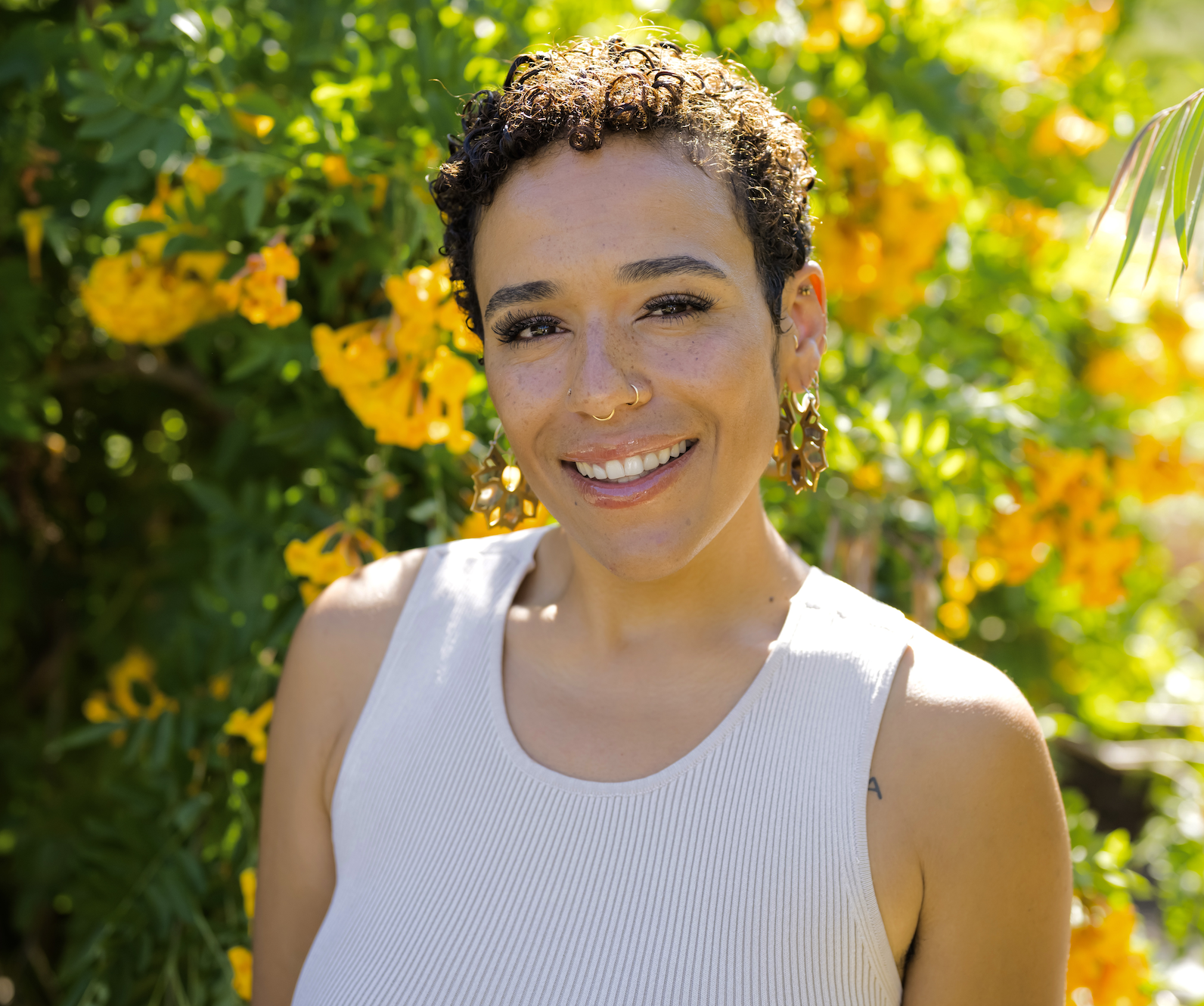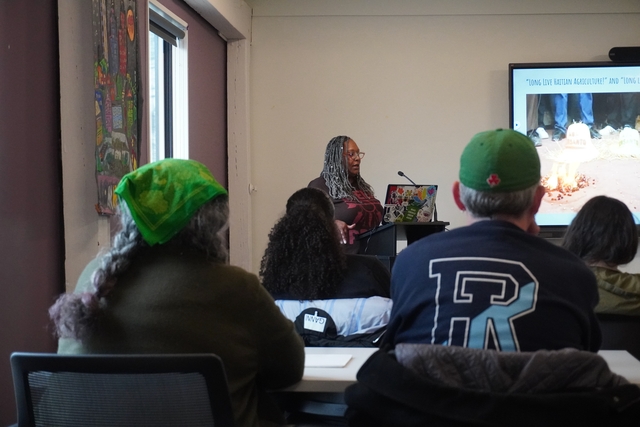Overview
Food and our relationship with the land whose regenerative nature has capacity to care for and nourish all of us, is essential to keeping the body alive, and to keeping communities functioning politically, economically, culturally, and spiritually. The abundance that access to safe, nutritious, and locally produced food brings looks like self-sustaining communities, economic freedom for Black farmers, economic protection from the impacts of inflation at the grocery store, healthy bodies, emotional comfort, tender moments of passing along food traditions to children, and joyful celebrations with family and friends. And yet, environmental and climate injustice manifest in our food systems, creating food deserts, harm from Confined Animal Feeding Operations, harm to agricultural workers and local farms, and long-lasting and compounding disadvantages in Black communities. This program explores these challenges, focusing on how agencies and agricultural companies have disadvantaged Black farmers and populations. Participants will learn about the local initiatives that have successfully uplifted equity in access to safe, affordable food, replacing inequitable food policies and practices. By the end of the program, participants will be equipped to advocate for food justice, ensuring access to healthy, affordable food for all.
Food Justice Course Objectives













